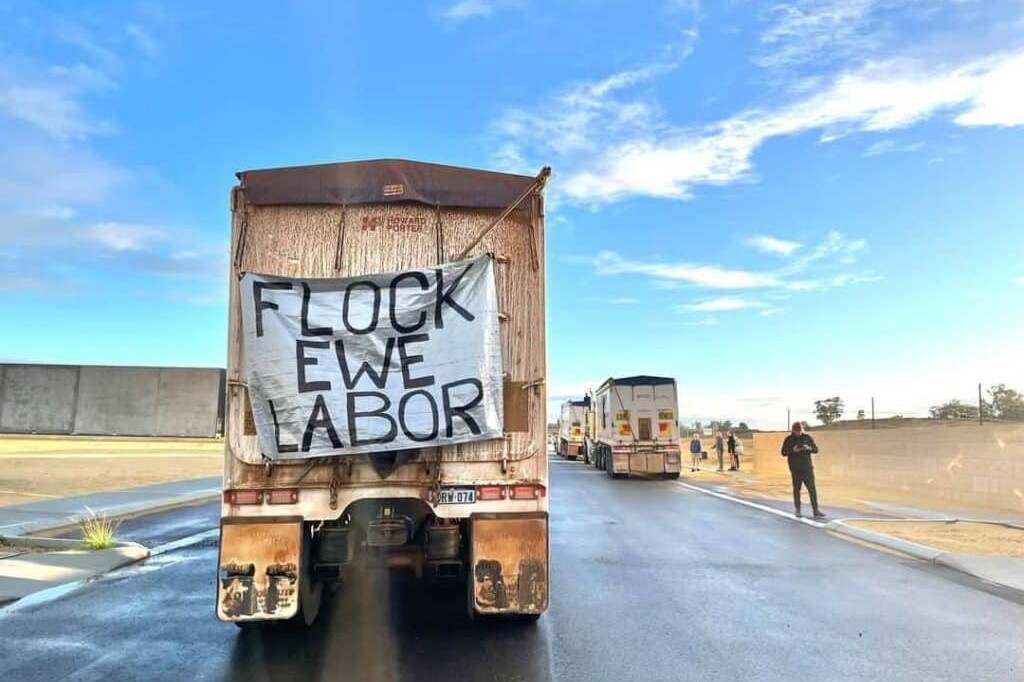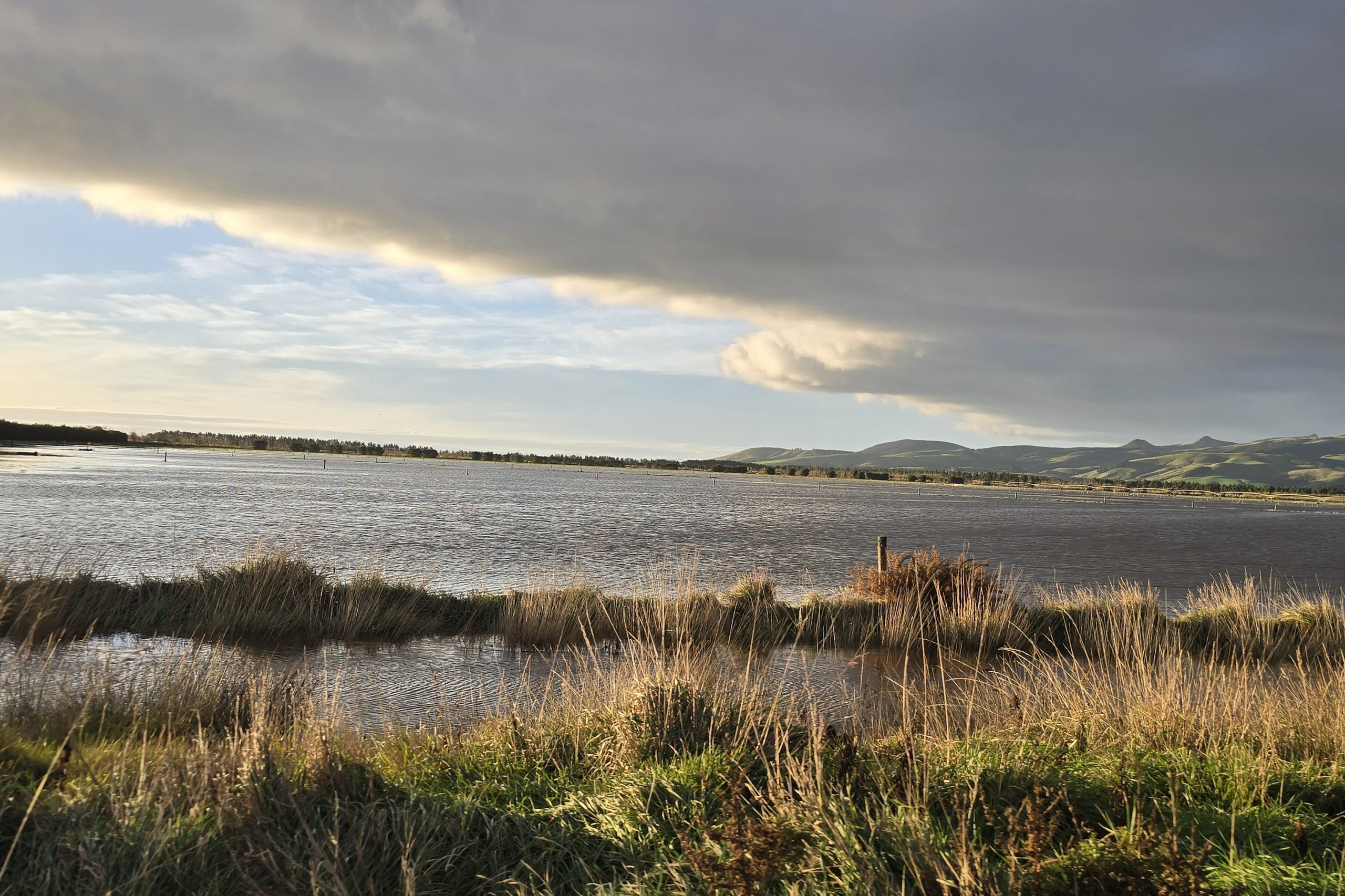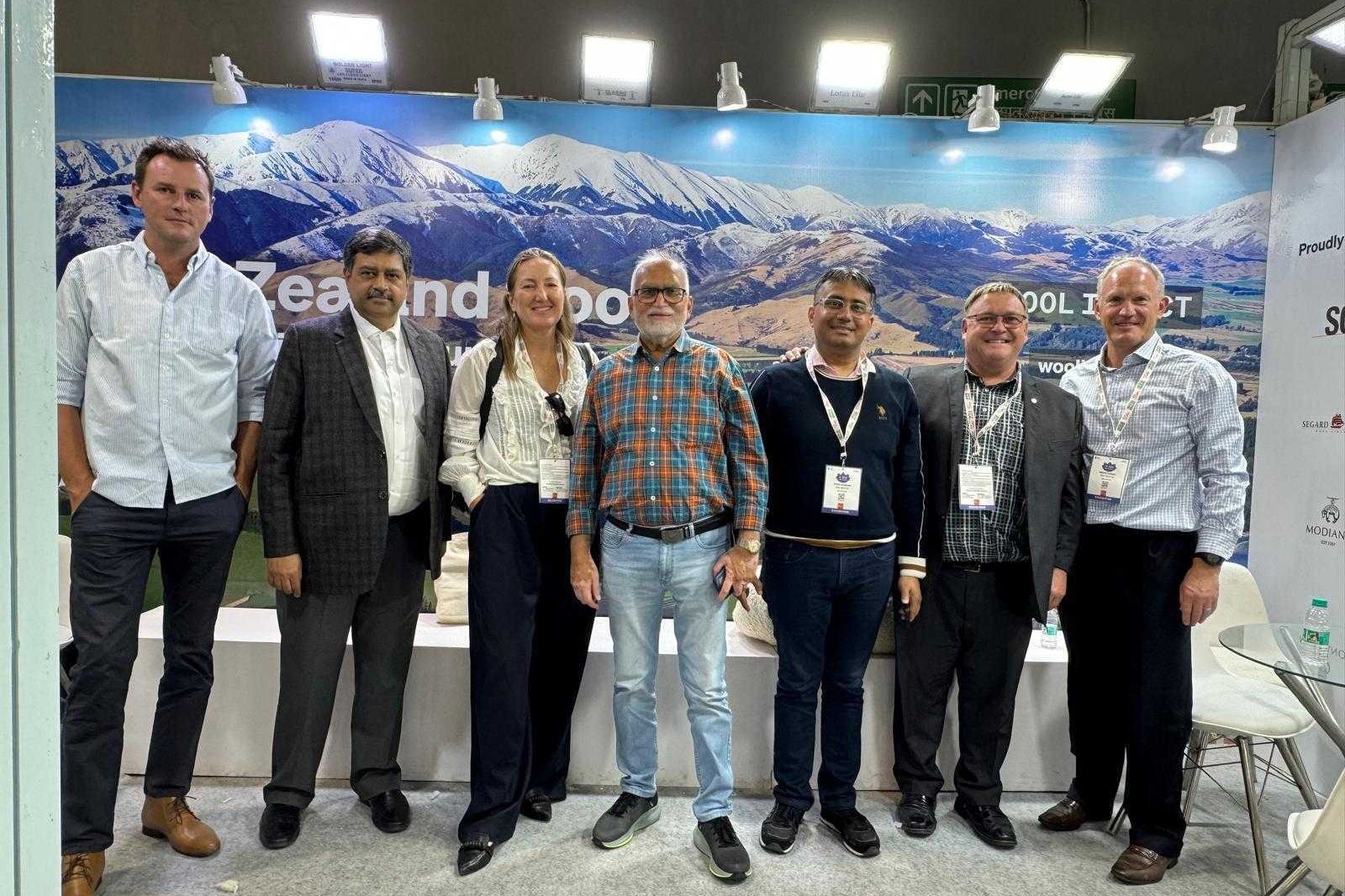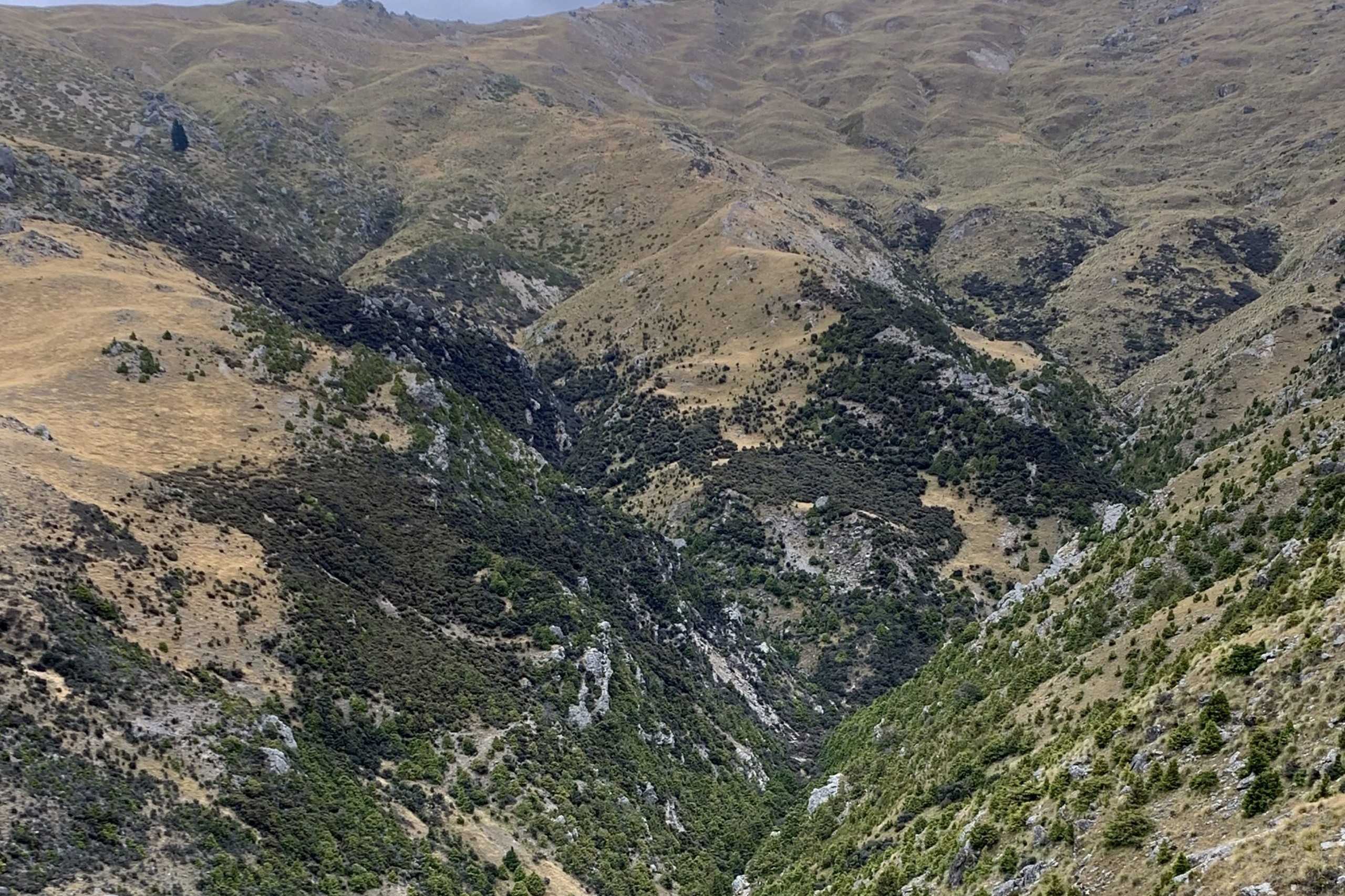Regenerative – what’s in a word?
Becks Smith ponders the conversations around regenerative agriculture.

Kia ora from sunny Central Otago, as a new home-blocker for Country-Wide I thought I might need to give a bit of background first (although this is not my first rodeo writing for this publication, traditionally having written with my veterinary hat on). Currently a sheep, beef and deer farmer, I am originally an urbanite, trained as a veterinarian who fell in love with agriculture and worked in mixed practice here in Ranfurly for 14 years where a local farmer was lucky enough to ask the right question at a weak moment and so ensued a wedding and our very own clan of three young daughters. I now have a B Corp certified, social enterprise called The Whole Story, where our team are focused on inspiring sustainability and empowering farmers through individual farm coaching, podcasts, workshops, governance and an array of sustainability-related services.
In the roles and conversations I am fortunate to have within the agri-business sector I am commonly engaged with a discussion around regenerative agriculture.
There are two curious conversations underfoot as I currently see it:
1. Should we embrace regenerative agriculture as an identity?
2. Should we embrace regenerative agricultural practices?
If people have an opinion, they appear to be loosely be divided into four different camps: those who embrace the identity with little regard for adherence to practices; those who embrace the practices with little regard for labelling; those who are against the practices but quite happy to take the identity for market access and those are anti the identity but claim we are already undertaking regenerative practices.
Let’s dig into the identity piece. Regenerative … What’s in a word? Are we really so sure of our position as to die on our own moral sword? And if we do, will anyone attend our funeral? Export dependent agricultural economies worldwide are embracing the Regenerative Agriculture movement to secure their seat at the table. No one is going to miss us if we don’t show up. We have to stop kidding ourselves that we “feed the world”, we feed a small percentage of the privileged few.
If products associated with regenerative agriculture are being sought after by some of our large brand customers to meet their sustainability commitments, we need to rise to the challenge. And when did we become the “sheep” of the flock and sit on our laurels to watch someone else lead the world in innovative agricultural practice. Perhaps the term “regenerative” threatens us as it implies if we embrace this new identity, that our past selves, neighbours or ancestors were “degenerative” and that’s confronting. So perhaps for now we change the narrative and instead of being “regenerative farmers” we are “farmers who are undertaking regenerative practices.”
So, what about these practices, can we get a clear definition of regenerative agriculture? Unfortunately, I haven’t yet found a clear definition of sheep and beef farming, I know for certain that the way we farm our shedding sheep and once-bred finishing heifers is quite different to how a farmer in the same valley might farm Romneys and Herefords. Which poses question that perhaps regenerative agriculture is just farming in a way that allows for individual farmers with their wide variety of contexts and values to achieve the outcomes of:
- Minimal soil disturbance
- Maximal diversity
- Integrated stock and pasture systems
- Optimal ground cover
- Optimal nutrient inputs.
Oh, but the uncertainty of it all … well sorry to burst that bubble too but grass-fed farming in New Zealand is the most uncertain of industries – between weather, input costs, market prices, interest rates and working with natural ecosystems, it seems we’ve chosen to work in a pretty uncertain space, and historically we’re quite good at it.
Let’s stop being the sheep of the flock waiting for someone else to lead the way, perhaps we can regroup in a new camp where we are brave enough to take on a new identity and extend on an existing skill set. Let’s embrace the uncertainty and rise to the challenge with that world-leading, “No. 8 wire”, innovative humility and integrity that we’re so well-known for.




